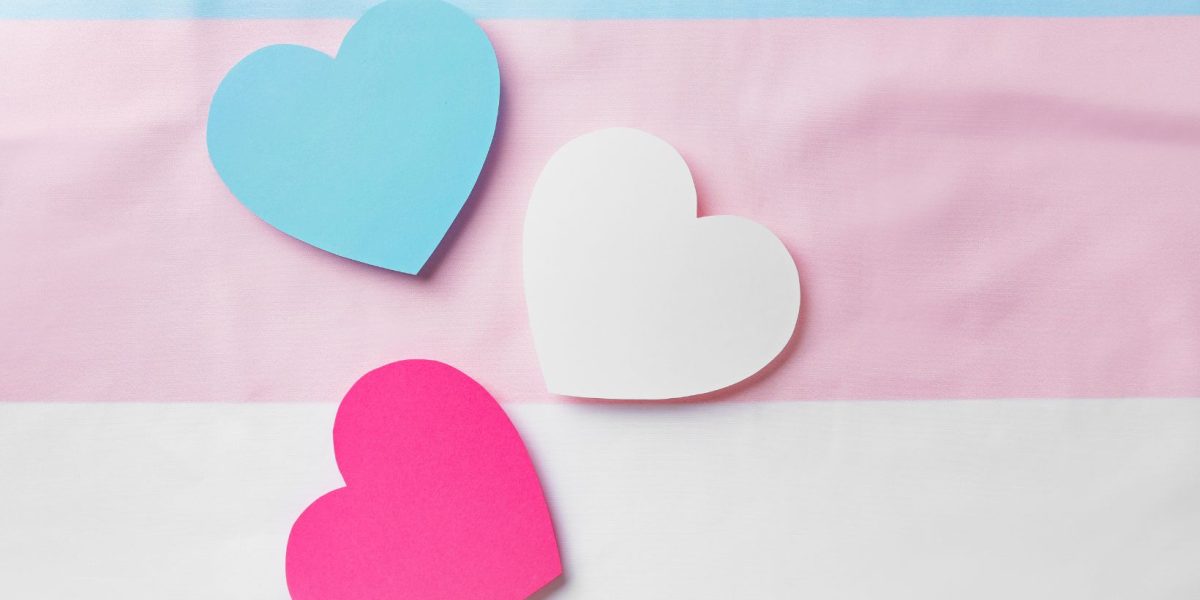Honoring Lives Lost, Celebrating Resilience
Every year on November 20th, people around the world come together to observe Transgender Day of Remembrance (TDoR), a solemn and important occasion dedicated to honoring the lives of transgender individuals who have been lost to acts of violence and discrimination. It is a day to reflect on the struggles faced by the transgender community, raise awareness about the violence they experience, and advocate for a more inclusive and accepting society.
TDoR has its origins in the United States but has since become a global event. The observance began in 1999 when transgender advocate Gwendolyn Ann Smith organized a vigil in memory of Rita Hester, a transgender woman who was brutally murdered in Massachusetts. This small vigil marked the start of a tradition that has grown over the years to become a worldwide day of recognition and remembrance.
The primary focus of TDoR is to remember and pay tribute to those transgender and gender-diverse individuals who have lost their lives due to anti-transgender violence. As the years have passed, TDoR has expanded its scope to raise awareness of the violence, discrimination, and marginalization faced by transgender individuals, particularly transgender women of color, who experience disproportionate levels of violence.
Statistics show that transgender individuals are at a significantly higher risk of experiencing violence and discrimination compared to the general population. Many transgender people face prejudice, harassment, and even physical harm because of their gender identity. In some cases, this violence can lead to tragic outcomes, such as suicide or murder. TDoR aims to shine a light on these issues, seeking to reduce violence and promote acceptance.
While Transgender Day of Remembrance is a solemn occasion, it’s also a day to celebrate the resilience and strength of the transgender community. In the face of adversity, transgender individuals and their allies continue to fight for equality and acceptance. TDoR events often include discussions, educational programs, and opportunities for community members to share their experiences. It’s a time for transgender individuals to find support and to know that they are not alone in their struggles.
TDoR serves several essential purposes:
- Memorializing Lost Lives: TDoR stands as a powerful reminder of the lives cut short due to prejudice and violence. By reading the names and stories of those who have been lost, the event humanizes the issue and makes it personal, inspiring empathy and action.
- Raising Awareness: The day draws attention to the discrimination and violence that transgender individuals endure. It encourages individuals and communities to address these issues and work toward a more inclusive society.
- Fostering Solidarity: TDoR provides a platform for the transgender community and its allies to come together, share experiences, and offer support. This solidarity is essential for the well-being of transgender individuals and the fight for their rights.
- Advocating for Change: The observance calls for political and societal changes to protect transgender rights and safety. It’s a call to action, urging governments, organizations, and individuals to work towards a more equitable and inclusive world.
To participate in TDoR, you can attend local events, light a candle in memory of those lost, or simply educate yourself about the challenges faced by transgender individuals. It’s an opportunity to learn and show solidarity, standing with the transgender community against discrimination and violence.
Conclusion
Transgender Day of Remembrance is a vital occasion that honors the lives of transgender individuals lost to violence and discrimination while raising awareness of the challenges they face. It’s a day to remember, reflect, and recommit to building a world where transgender individuals can live without fear of violence or discrimination. By coming together, we can pay tribute to the lives lost and work towards a more inclusive and accepting society.



